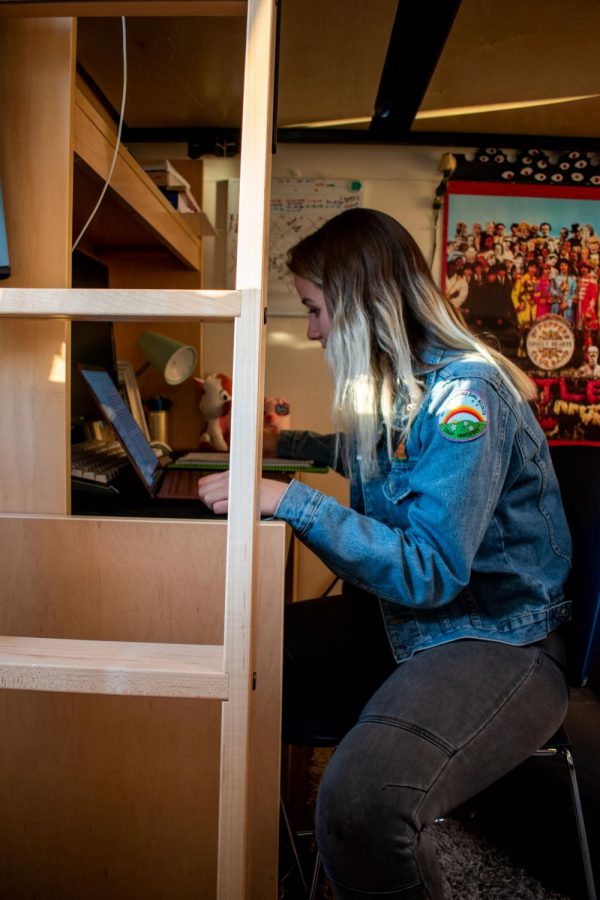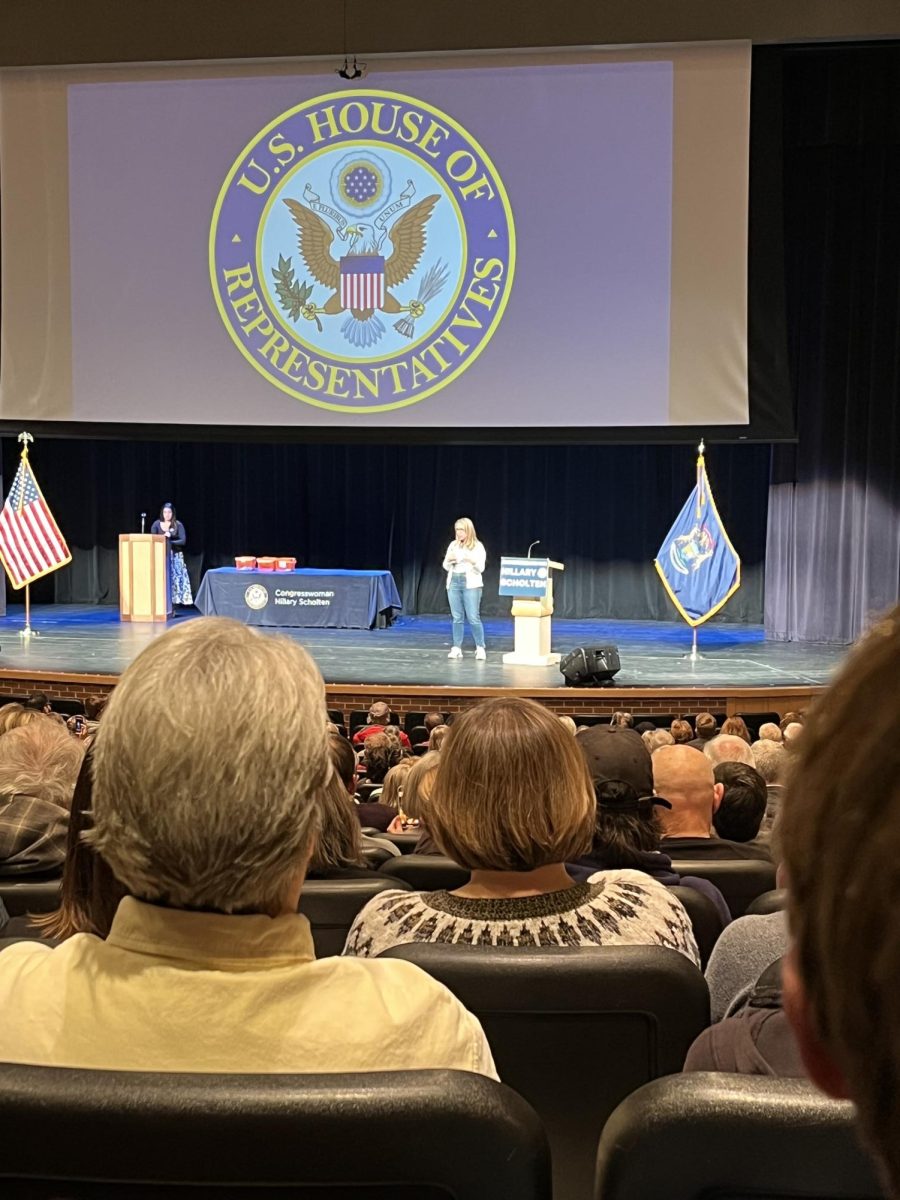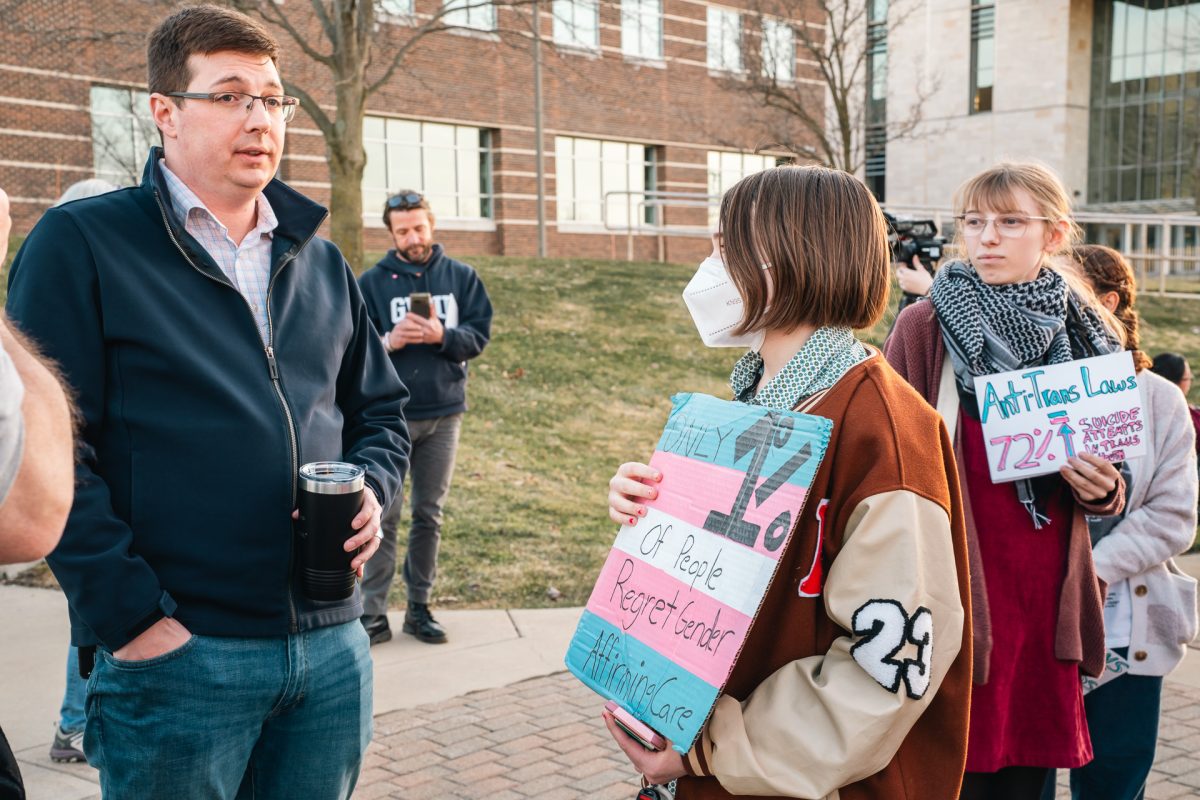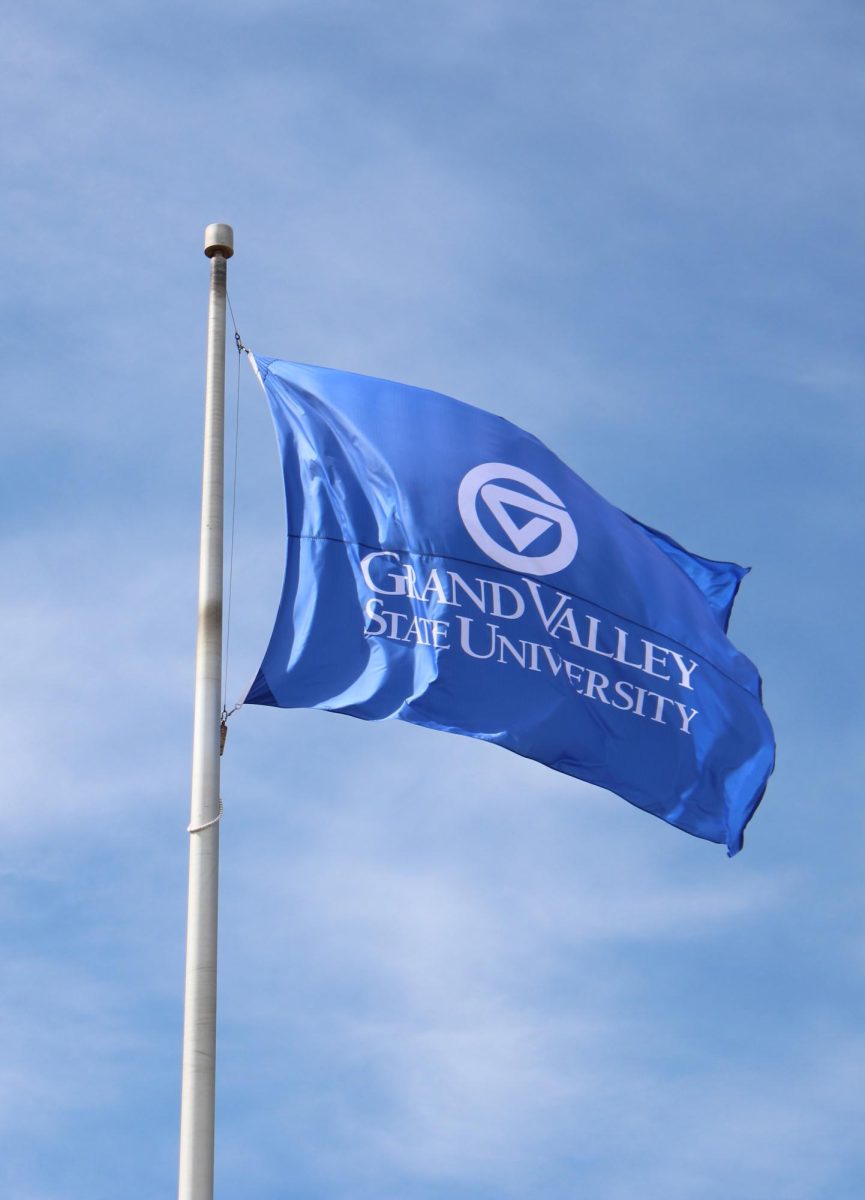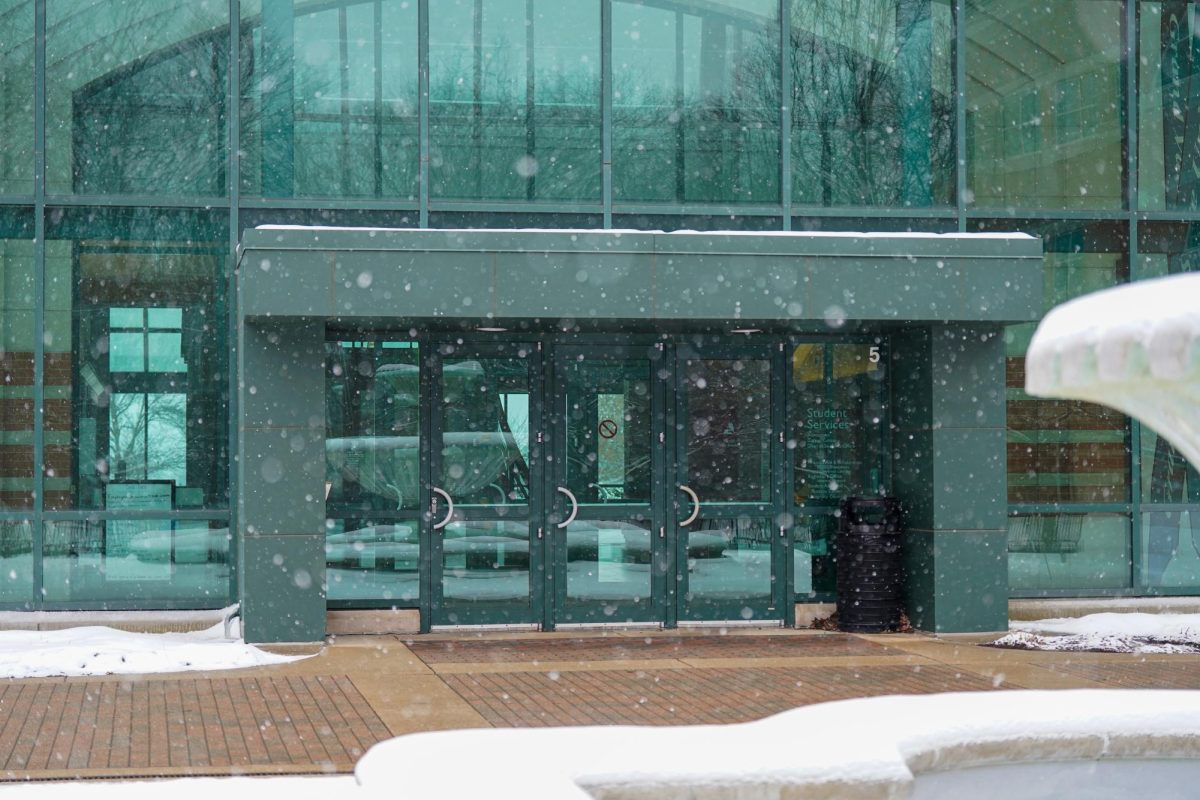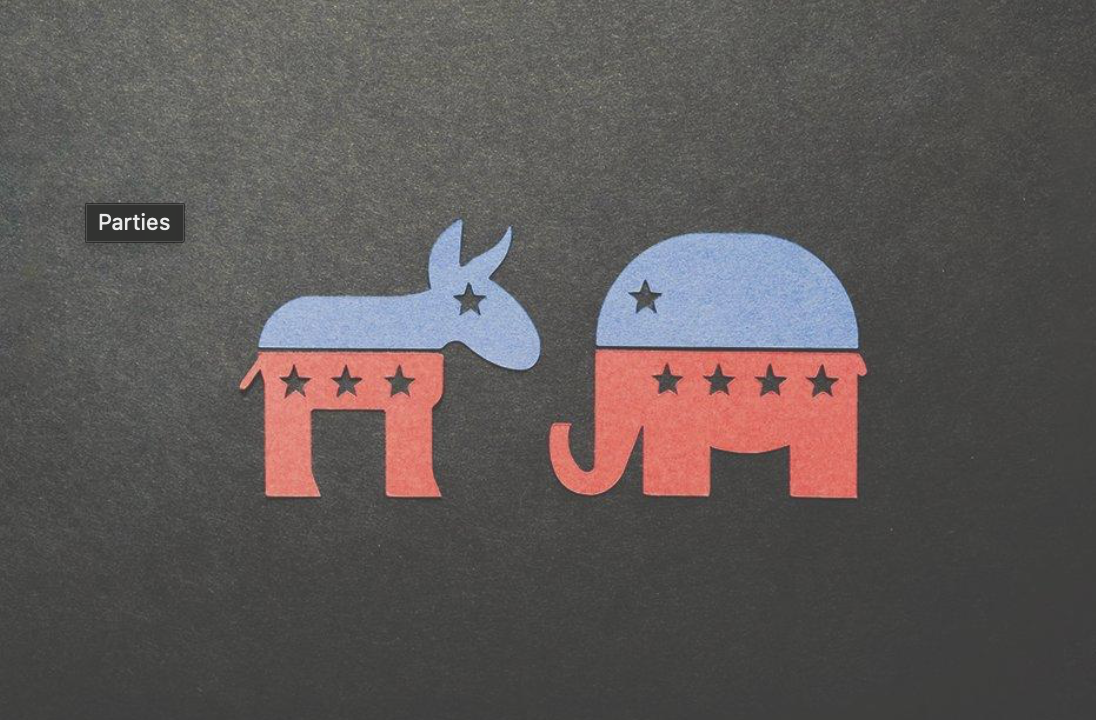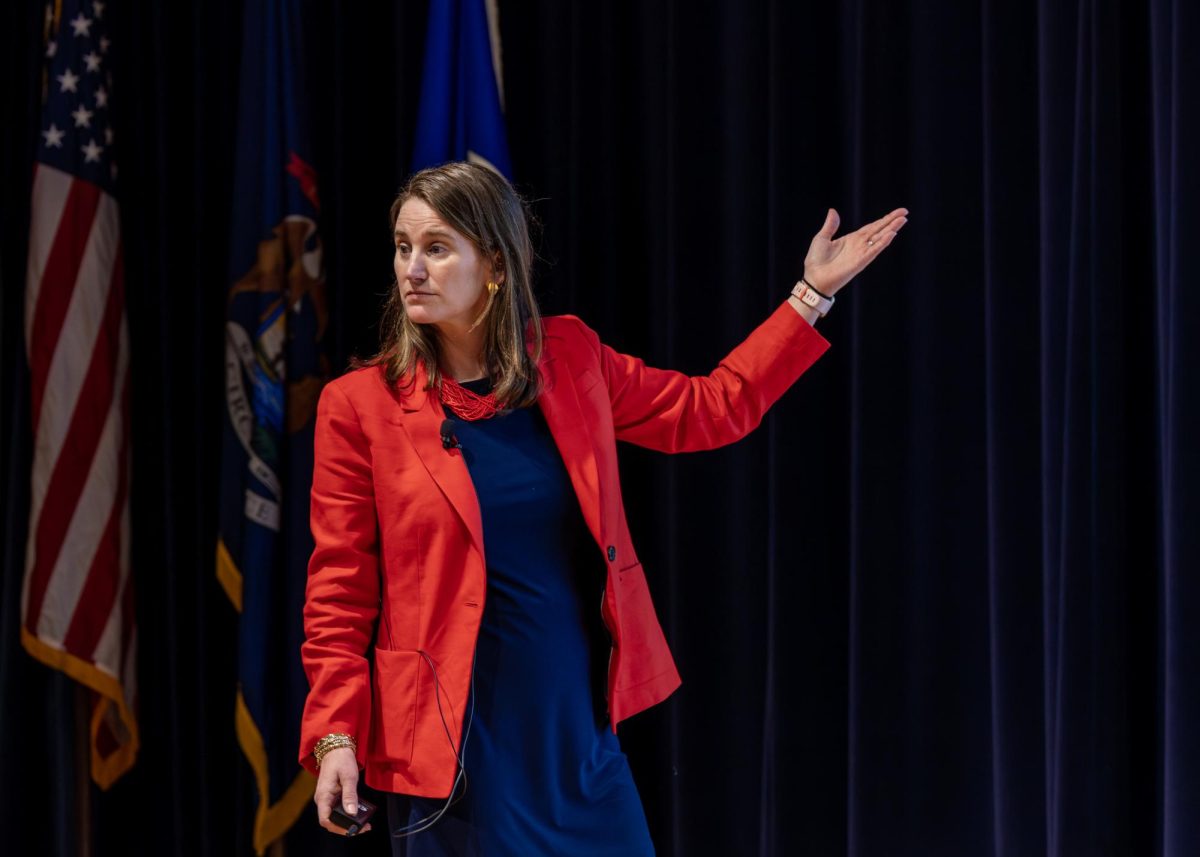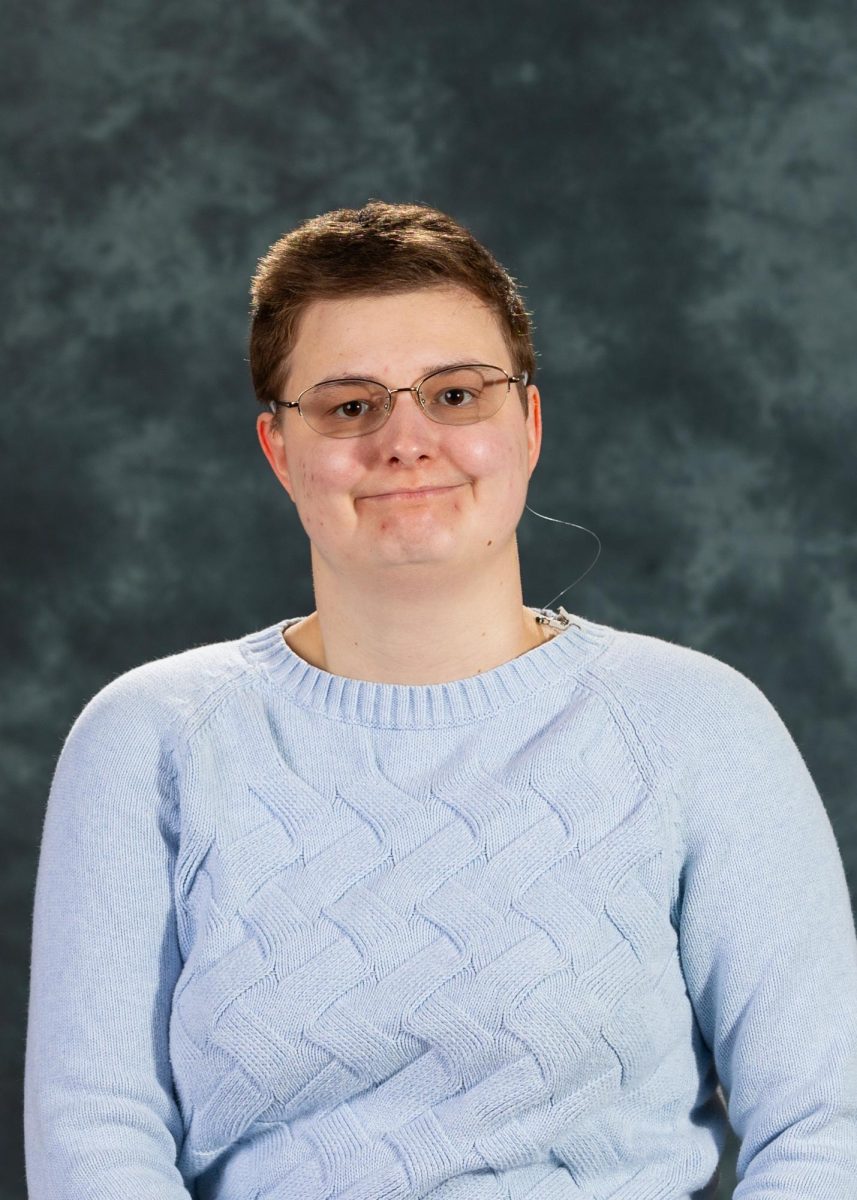The 2025 budget for the state of Michigan showcases a governmental push towards making education more affordable through several new initiatives approved by Michigan Governor Gretchen Whitmer and the state’s legislature. One initiative, making community college free to the state’s high school graduates, could provide more equal opportunities for access to higher education, and impact enrollment at higher education institutions like Grand Valley State University.
Michigan legislators approved an over $80 million dollar budget for the state on June 27. According to the State of Michigan FY 2025 budget, the money invested in education “ensures every graduating (high school) senior can receive an associate degree or skilled certificate for free.”
This is a substantial movement for graduating high school students who are unsure of their path after graduation. However, offering free access to community college has sparked conversation around how this could affect larger schools and universities in the state.
A recent survey reported by CBS News found that Americans are “increasingly skeptical about the value and cost of college.” These opinions have been reflected in steadily declining enrollment in higher education, according to the survey, as well as in the rising student debt crisis.
While there isn’t an accurate way to predict if Michigan’s budget could impact enrollment at the state’s universities, some GVSU students, such as incoming freshman Edwin Colomo, feel they might have considered their higher education choices differently if they’d had access to free community college.
“I don’t think (free community college) would have a huge impact on my choice to go to college, but I definitely would have thought about it more,” said Colomo.
Colomo said his decision to enroll at GVSU involved different factors beyond the price of tuition. In addition to being a student, Colomo is also part of the Michigan Army National Guard. He said factors including the school’s size and the physical campus were what made GVSU a more appealing option to him.
“Grand Valley is very helpful when it comes to the Army, so that was a nice amenity for me,” Colomo said. “I feel like Grand Valley has much more to offer than a community college would.”
Universities often have stronger social and experiential opportunities because of their added size, funding, backgrounds and student body. Colomo said that school spirit, athletic events and living on campus are components that he is looking forward to as a part of his college experience.
Senior student Lindsay Chisholm is studying nursing at GVSU. She said that free community college would not have changed her decision to attend GVSU in pursuit of a degree, because of her field of study.
“Everything I wanted to do requires a Bachelor’s degree, so (free community college) probably wouldn’t have changed my mind,” Chisholm said.
Having spent three years at GVSU already, Chisholm said some of her experiences are exclusive to attending a larger university.
“I feel like social life is bigger at universities, like there’s no Greek life at community college or things like that,” said Chisholm. “There are still clubs you can join, so it would be similar and different at the same time.”
Colomo and Chisholm mentioned their high schools had programs for students that were interested in pursuing an associate degree through their local community colleges. Many high schools in the state offer such Early College programs.
Colomo said his high school, East Kentwood High School, is joined with Grand Rapids Community College to offer high school students the opportunity to attend college classes while still in high school. This way, students could graduate from high school with their diploma and an associate degree. He said he felt the Early College program at his school had pushed students towards bigger universities.
“(East Kentwood High School) was more focused on the Early College program, and then encouraged those students to go to bigger schools like Michigan State University or Grand Valley,” Colomo said.
Chisholm said the high school she attended, Dakota High School, had similar opportunities.
“(Dakota High School) didn’t talk about community college a ton,” Chisholm said. “Not everyone knows what they want to do after high school, but for kids who knew they would use an associate degree, they would just do dual enrollment or Early College.”
With existing programs that make community college free to high school students, it is difficult to say how Michigan’s new efforts will impact graduates’ steps after graduation. However, the new educational support in Michigan’s budget does allow for more freedom, career opportunity choices and access to higher education after high school graduation, especially for lower-income students.
Despite the economic climate, many students seem inclined to attend a four-year institution as opposed to the alternative options. This could be telling of the value of resources and connections inherent to larger institutions, or, perhaps, the value students find in their college experience outside of the classroom.





